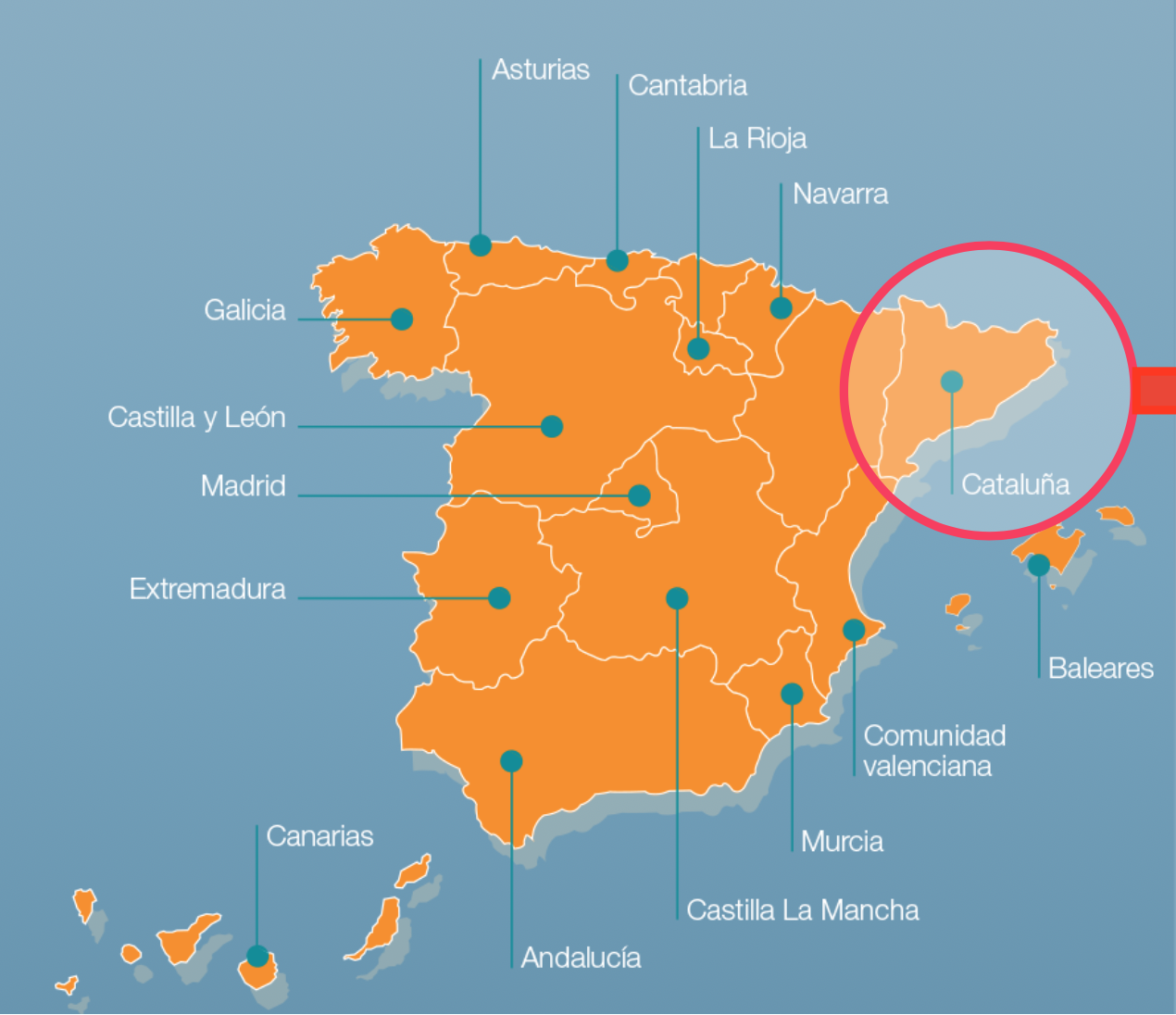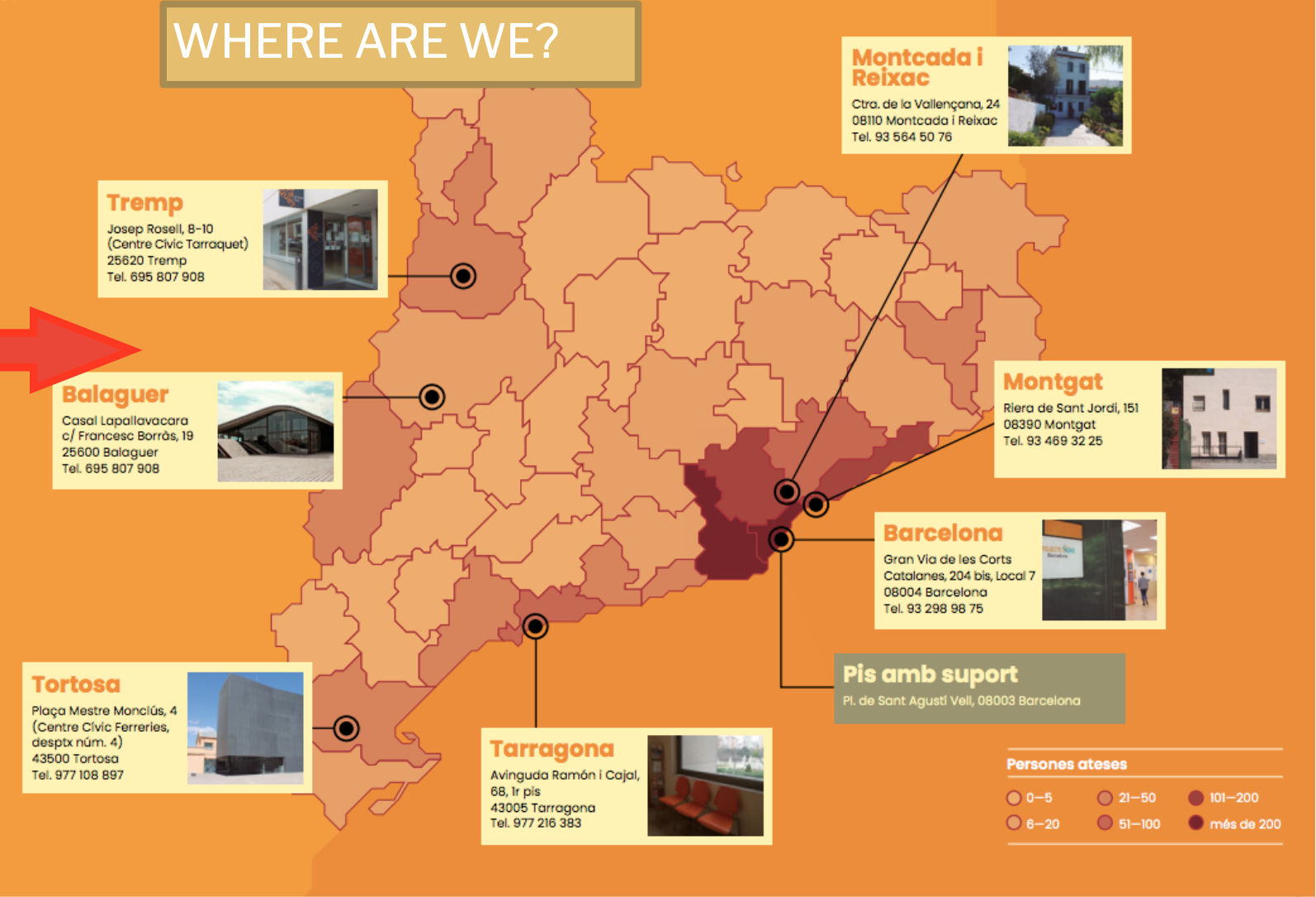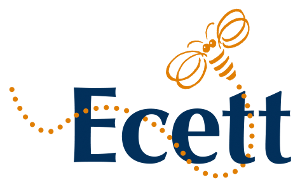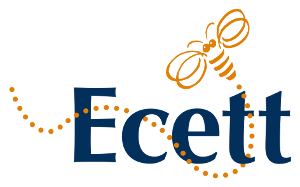by Joan Guasch, Proyecto Hombre (Spain)
Proyecto Hombre communities have developed a tool for personalised monitoring of treatment objectives on 7 different fields. Residents record their personal and community goals to develop at their own pace and in their own way.


- Introduction: the Association Proyecto Hombre (APH).
- Personal Growth Card (Good Practice of Paul McKellar, 2012).
- Individual Work Plan (Good Practice of Joan Guasch, 2021).
Introduction
- APH is a NGO created in 1985.
- It brings together 27 foundations in Spain.
- Working on drug prevention, treatment, rehabilitation and social reintegration.
- The therapeutic program is based on the biopsychosocial model.
- Over 18.000 people in treatment per year.
- 1.129 professionals and 2.388 volunteers.
Personal Growth Card (GP by Paul McKellar, 2012)
- Individual & common objectives.
- Areas: Responsibility, Honesty, Self Control, Cooperation and Sociability.
- Same objectives for each person.
|
INDIVIDUAL OBJECTIVES |
COMMON OBJECTIVES |
|
I. RESPONSIBILITY |
|
|
1. Take care of personal belongings. 2. Take care of the objects of the House of the Therapeutic Community. 3. Be respectful of people and their objects. 4. Be punctual and effective. 5. Live intensely and participate in community events. |
1. Punctuality to community events. 2. Experience community events. 3. Make the bed and tidy up the room. 4. Show efficiency in all activities. Do the work together. 5. Maintain a good personal appearance and use work clothes. |
| II. SELF-CONTROL | |
|
1. Identify and recognise your own limitations. 2. Internalise all kinds of therapeutic aids. 3. Control negative impulses. 4. Identify stressful situations in the community and manage them positively. 5. Take care of your own personal image. |
1. Eat at time and place, respecting the assigned portion. 2. Respect silence at night and at those moments when it requires it. 3. Control laziness. Avoid groups that isolate themselves from the dynamics of the house. 4. Maintain good communication moderating the tone of voice. 5. Promote an environment favorable to the recovery of the person. Avoid behaviours and slang of the past. |
|
III. HONESTY |
|
|
1. Identify personal achievements in the Community. 2. To make a comparative analysis of what I was and what I am. 3. Avoid relational dynamics that do not help in the therapeutic process. 4. Evaluate the Therapeutic Community like Institution. 5. Transmit the experience of life in Community. |
1. Accept the confrontation with Love, Honesty, Firmness and Open Attitude. 2. Request permission for the use of other people’s clothing. 3. Respect the group’s confidentiality. 4. Encourage honesty, avoiding destructive criticism and gossip. 5. Become aware of the therapeutic contribution of self-help groups. |
|
IV. COOPERATION |
|
|
1. Be a good worker, helping other members of the community. 2. Develop personal skills. 3. Learn to organise and lead teamwork. 4. Learn to evaluate teamwork. 5. Show initiative in teamwork. |
1. Go to work in groups and be efficient at it. 2. Have self-control and avoid physical or verbal violence in community life. 3. Collaborate in the good presentation of the facilities. Do not throw garbage on 4. the floor and dirty the walls. 5. Be responsible of the role of directing and explaining to the “younger brother”. (person who has just started in TC). 6. Avoid forgetting personal objects. |
|
V. SOCIABILITY |
|
|
1. Maintain a friendly and cordial attitude with people of the Community. 2. Talk with all people of Community. 3. Keep in touch with the family. 4. Projecting yourself in the community by giving service. 5. Help to other members of the Community needing support. |
1. Caring for the spirit of Community and welcoming all members. Rotate places in the dining room and avoid reserving seats. 2. Correctly and responsibly attend to people who come from outside. 3. Participate in community events, expressing joy and respect in all activities. 4. Use correct vocabulary. Avoid slang and nicknames. 5. Encourage communication with all members of the Community, without forming ghettos and without spreading discouragement. |
Insights from the author Joan Guasch
“I have taken the Personal Growth Card by Paul McKellar that people in the programme are issued on arrival. This is something the client is expected to work on for the duration of their programme. The TC approach is sometimes hard to define in simple terms because there is so much to it. It gives the client what is expected of them coming into the programme and this helps to gain a better understanding of expectations. It defines aspects of the client’s character they must work on in the programme in order to recover Responsibility, Honesty, Self control, Cooperation and Sociability. It gives definitions under each section of how they must act and behave in order to achieve personal growth in each area. I liked this because it not only gives a new member of the community some direction and a set of values to develop and live by. It also stays true for those further down the programme and defines good role modelling behaviour. It reminds them of the foundation of their programme and that personal development doesn’t stop.
These behaviours/attitudes are not things that are developed overnight so it is good to have a reminder of what is expected of you and how you can act in order to bring about personal change. It is by developing a better sense of self and having clear overarching goals that clients gain a better direction in their lives. These values if practiced will deepen the positive relationship with themselves and others. By keeping this card on their person they may refer to it at any time. It is also a tool by which to challenge the behaviour of others or how to behave yourself. This could be especially useful in helping people to better understand what it is they need to confront in themselves and others and it is simple and uncomplicated to use. It is an easy and quick reference for those who may be confused or unsure.
In Proyecto Hombre they often talked of using the tools of the house which I came to understand are the objectives to personal growth stated in the passage below (each client is given this on arrival). We often talk of using the tools of the house in our programme many of which are the same as the ones listed here. By putting them in this card we wrap them up nicely and make them easily accessible to use right from the start of the programme as some struggle to remember what they are (many clients can have a poor memory capacity and this I believe, would help them to be more confident in how we expect them to act).”
Individual work Plan: Where are we?
Sometimes people in treatment doubt what they should do to recover. They have a problem in common, but there are individual needs to attend. What can we offer to them?
|
NAME: DATE: The Objectives of the Individual Work Plan is to monitor the goals of the person in treatment. In the Status section it is necessary to indicate: OK (Done), CW (Continue Working), PD (Pending). |
|
| Addictive Behaviour | Status |
|
|
| Behaviour | Status |
|
|
| Personal | Status |
|
Physical health
Mental health
Personality
|
|
| Emotional | Status |
|
|
| Sexuality and Affection | Status |
|
|
| Family | Status |
|
|
| Social | Status |
|
|
| Use of the time | Status |
|
|
| Education and Work | Status |
|
|
Goal
To monitor the objectives (common and personalised ones) of the person under treatment.
Areas
Addiction, Family, Behaviour, Social, Personal, Use of the time, Emotional, Education, Sexuality, Work.
Dynamic
- Objectives are always updated
- Easy to use
- Without any costs
- For each individual of every device
- Clear direction of the therapeutic work
- Quick understanding between professionals
The Ecett Academy can help you to get in touch with the author of the GP, write to contact@ecett.eu.


